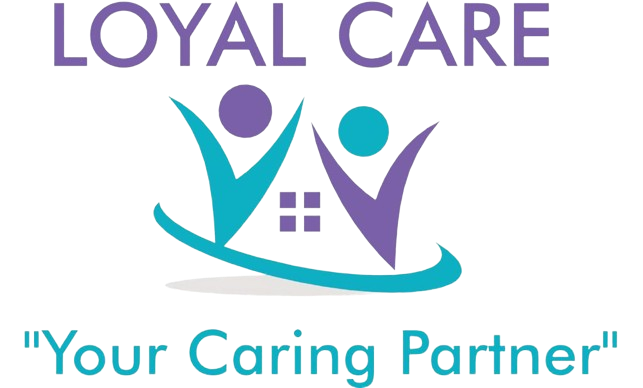-
Email Address
loyalcarehhs@gmail.com -
Call Us
+(757) 965-9137
End-of-life Care
End-of-life Care

At Loyal Care, our end-of-life care encompasses a range of services aimed at:
- Enhancing the well-being of individuals facing a life-limiting condition
- Addressing physical, emotional, and spiritual needs
- Providing succor to the patient’s family and loved ones
- Steering through complex medical treatments
This article aims to delve into the various aspects of end-of-life care, exploring its importance and challenges, and the initiatives our end-of-life caregivers offer towards improving the overall experience for those approaching their golden years.
Why End-of-Life Care is Important
End-of-life care plays a pivotal role in ensuring that individuals can live their final days with dignity, comfort, and respect. It focuses on:
- Enhancing their overall well-being
- Helping them go through the pain and symptoms
- Facilitating open communication between healthcare providers, patients, and their families.
Several statistics have revealed that a significant percentage of people are more comfortable spending their last days in their homes rather than in a hospital or retirement home. This has been backed up by several statistics.
According to the Centers for Disease Control and Prevention, 70% of Americans would prefer to die at home, surrounded by their loved ones. In 2019, another report in The New England Journal of Medicine showed a vast majority of people favored their homes over hospitals regarding where to spend their final days.
These statistics solidify the importance of having a supportive and caring environment. Hence the reason why our end-of-life care programs are designed to meet this preference by providing comprehensive aid to patients in their homes, enabling them to maintain familiar surroundings and strong emotional connections.
Challenges Associated with End-of-Life Care
While end-of-life caregivers aim to provide succor and assistance, there exist several challenges within the current healthcare system.
Lack of awareness of end-of-life care options
Many individuals and their families are unfamiliar with the offers available to them, leading to delayed access to essential relief and support.
Poor integration of end-of-life care into the existing healthcare system
Medical practitioners and caregivers often face difficulties in initiating discussions about end-of-life planning due to how worried people get regarding the topic. Consequently, individuals may not receive the right care aligned with their choices and beliefs.
The heavy financial burden associated with end-of-life care
Prescriptions, drips, and other medical support services can put a dent in one’s pocket thus making it strenuous for individuals to receive the care they need. Addressing these challenges requires a multifaceted approach involving improved education, policy changes, and increased access to affordable care options.
Initiatives to Improve End-of-Life Care
Several initiatives have been undertaken to enhance the overall experience for individuals drawing closer to their golden years and their families. These initiatives aim to improve education and awareness, facilitate open communication, and provide comprehensive care options.
Here are some key initiatives caregivers can take to support individuals in their final stages of life:
1. Encourage open communication:
- Foster open and honest communication with the individual and their loved ones, ensuring everyone feels heard, respected, and cherished.
- Create a no-judgment zone for discussing fears, concerns, and wishes, helping to alleviate anxiety and promote emotional well-being.
2. Provide physical comfort:
- Ensure the individual’s physical comfort by addressing their pain management needs. This can be done by working closely with healthcare professionals to develop an effective pain management plan.
- Assist with activities of daily living (ADLs) such as bathing, grooming, and feeding, maintaining dignity and respect throughout.
3. Emotional and psychosocial support:
- Offer emotional support, actively listen, and provide a compassionate presence. Encourage reminiscing, storytelling, and sharing memories.
- Connect the individual with counseling services or support groups to help them and their loved ones navigate the emotional challenges they may face.
4. Create a peaceful environment:
- Establish a calm and soothing atmosphere in the individual’s living space, with soft lighting, comfortable furnishings, and familiar objects.
- Play relaxing music, use aromatherapy, or engage in guided meditation techniques to promote relaxation and serenity.
5. Facilitate spiritual care:
- Respect and honor the individual’s spiritual or religious beliefs, incorporating appropriate rituals, prayers, or sacred texts into their care.
- Help them connect with their faith community, chaplains, or spiritual advisors if desired.
Core Program Elements:
- Comprehensive client assessment
- Development and implementation client-centered care plan
- Specialized caregiver training and ongoing supervision
- Engaging the client in cognitively stimulating activities
- Assistance with medication management
- Ongoing communication with family and care providers
- Personal care and assistance with activities of daily living
- Housekeeping, laundry, shopping
- Meal planning and preparation
- Appointment escort and incidental transportation
